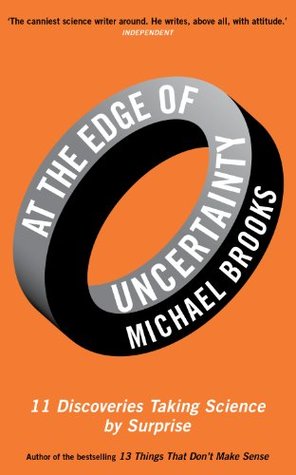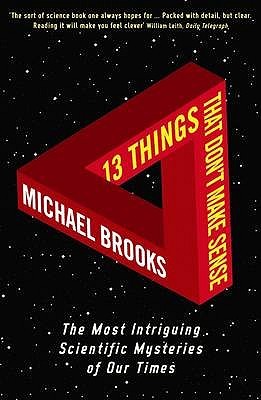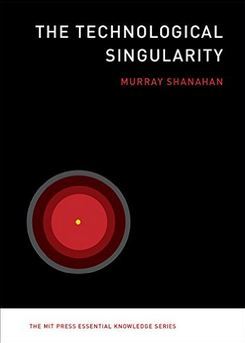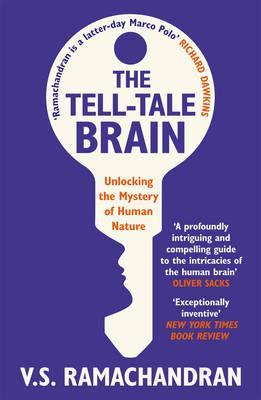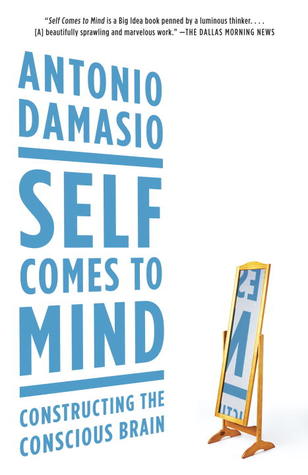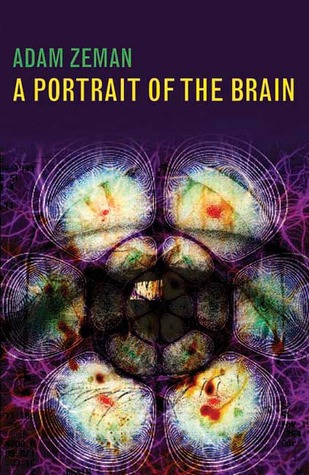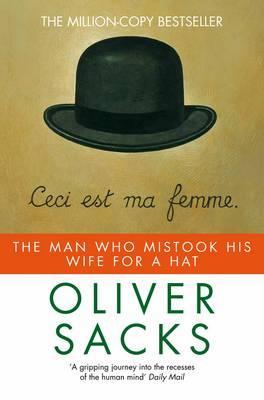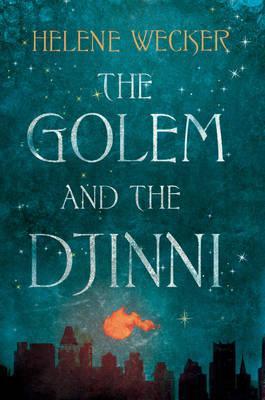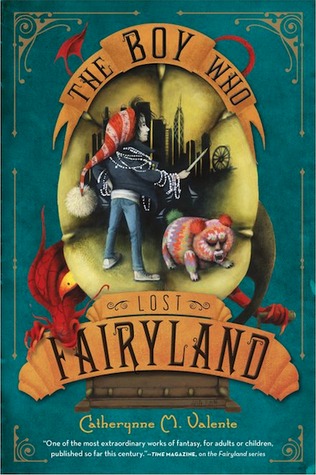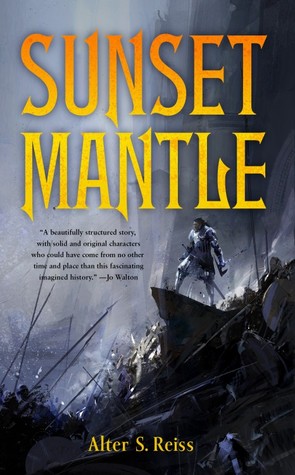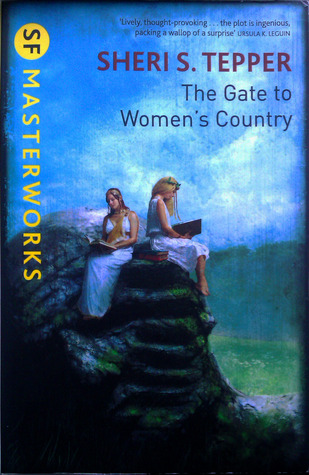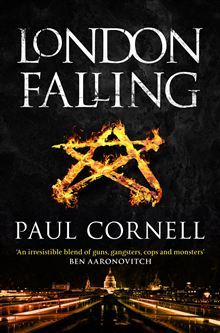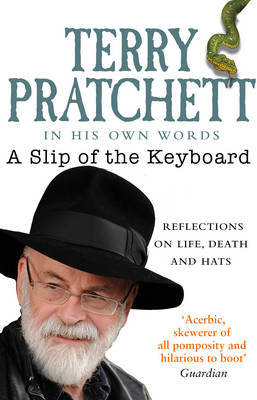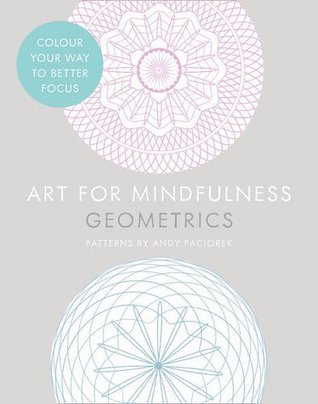 Permanent Present Tense, Suzanne Corkin
Permanent Present Tense, Suzanne Corkin
The first thing you should be aware of about this book is that Suzanne Corkin was one of the people who did most research with Henry Molaison before his death, even involving herself in who was his guardian and the arrangements for what would happen after his death. She liked him, and clearly thought that he was a good man, but she also remained first and foremost a researcher. So she was pleased when, after his death, they successfully removed his brain intact for study. If that’s going to bother you, this may not be the book for you; Corkin remains a scientist primarily, throughout.
For me, though, it was fascinating. It explains a lot about the various different tests that were done on Henry Molaison, yes, but it also describes his willing cooperation, his character, the way the operation which took his memories affected him, even his sense of humour and the things he enjoyed. According to Corkin — and I’ve heard nothing to contradict this — he was happy to offer himself up for research, happy to contribute to medical science. It ends up being a touching account because of that: the number of people who cared about what happened to him, about his legacy, and the number of people who benefited because of his willingness to be studied.
Of course, you can question whether he would have been so willing if he remembered the immense number of trials he was run through, the sheer amount of time he spent in the labs. Probably not, I would think — it requires an immense amount of patience, after all. But if he had his memory, he wouldn’t have been the object of so much study, so it’s a bit of a circular argument. I would be interested in reading a book about the ethics behind all the experiments run on him and if any of them caused him any distress, etc, but as it is here, it doesn’t seem so — and certainly the fact that he was closely monitored at all times made sure he received good medical care throughout his life.
It’s difficult to construct a continuous narrative of a life as necessarily fragmented as Henry’s, so Corkin follows the progress of study on his brain instead. It’s not primarily about H.M. in that sense — except that without him, those advances couldn’t have been made. I think it still brings across a tenderness and affection for the man, despite Corkin’s academic interest.
Rating: 5/5
 The Colouring Book for Grown-Ups, Arcturus Publishing
The Colouring Book for Grown-Ups, Arcturus Publishing

